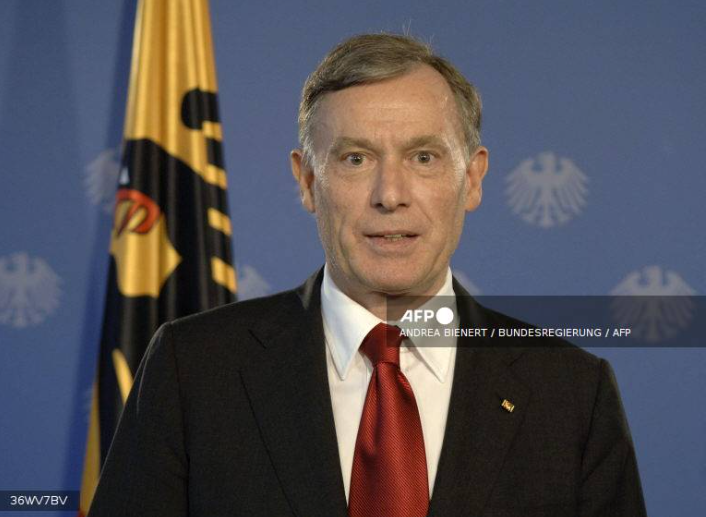Horst Köhler: A Life of Public Service and Economic Expertise
Horst Köhler, who served as the ninth President of Germany from 2004 to 2010, passed away on Saturday, May 13, 2023, at the age of 81 in Berlin. His death, following a brief and serious illness, marked the end of a career distinguished by both domestic and international contributions to public service and economic policy. Köhler’s life journey, from his birth in Nazi-occupied Poland to the highest office in Germany, reflected a commitment to economic stability and a dedication to the well-being of his adopted nation.
Born in Skierbieszów, Poland, in 1943, Köhler’s early life was marked by the upheaval of World War II. His family, of German descent, eventually settled in Leipzig, East Germany, before seeking refuge in West Germany in 1953. This experience of displacement likely shaped Köhler’s worldview and perhaps contributed to his later focus on economic stability and international cooperation. Growing up in Ludwigsburg, Baden-Württemberg, he pursued academic excellence, culminating in a doctorate in economics from the University of Tübingen in 1977. This academic foundation laid the groundwork for his subsequent career in economic and financial policy.
Köhler’s professional trajectory began within the German government, where he held various positions in the Ministry of Economics and the Ministry of Finance. He steadily rose through the ranks, gaining experience and expertise in economic affairs. His competence and dedication led to his appointment as State Secretary in the Ministry of Finance in 1990, a position he held until 1993. During this period, Köhler played a significant role in shaping German economic policy following reunification, navigating the complex challenges of integrating the East German economy.
Following his service within the German government, Köhler transitioned to the international stage. He served as President of the European Bank for Reconstruction and Development (EBRD) from 1998 to 2000. In this role, he focused on promoting economic development and fostering market-oriented reforms in the countries of Central and Eastern Europe, drawing on his experience with the German reunification process. This experience further solidified his reputation as a skilled economist and a pragmatic leader.
In 2000, Köhler was appointed Managing Director of the International Monetary Fund (IMF), a position he held until 2004. At the IMF, he oversaw global financial stability and worked to address economic crises in various countries. His tenure at the IMF coincided with a period of significant global economic challenges, and his leadership played a crucial role in navigating these turbulent times. He advocated for policies that promoted sustainable growth and poverty reduction, emphasizing the importance of international cooperation in addressing global economic imbalances.
Returning to Germany, Köhler was elected as the country’s ninth President in 2004. As President, he served as a largely ceremonial head of state, representing Germany on the international stage and acting as a unifying figure within the country. However, he also used his platform to advocate for policies that promoted social justice and economic opportunity. Köhler’s presidency was marked by his commitment to bridging social divides and his emphasis on the importance of education and innovation for Germany’s future. His tenure, however, was cut short by his resignation in 2010, following controversy over remarks he made about Germany’s military engagements abroad.
Despite the controversy surrounding his resignation, Horst Köhler’s legacy remains one of significant contributions to both German and international economic policy. From his early career in the German government to his leadership roles at the EBRD and the IMF, he consistently demonstrated a commitment to economic stability and sustainable growth. His presidency, though abbreviated, reflected his dedication to social justice and his belief in the power of education and innovation. Horst Köhler’s life and career exemplify a dedication to public service and a profound understanding of the complexities of the global economy. His passing represents a loss for Germany and the international community.














